They can’t vote yet, but America’s next generation of voters are forming their political identities with the help of parents, TikTok and everything in between.
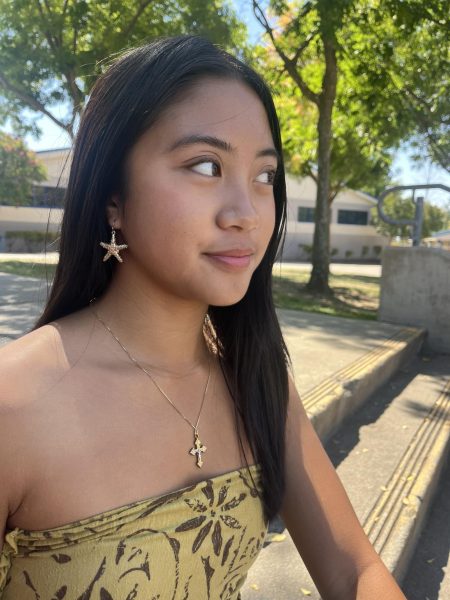
An informal survey of more than 140 Folsom High School students revealed some surprising results about their support — and their parents’ support — for the 2024 U.S. presidential candidates.
More than half of students – 51.7% – said their primary guardian voted for Kamala Harris, while 17.2% said their primary guardian voted for Donald Trump. According to the survey respondents, other guardians either voted for a third-party candidate or didn’t vote.
Students were also asked who they supported during the 2024 campaign – 56.8% said Harris, 16.4% said Trump and 26.7% said other. Those results are close to what students reported for their parents – and that’s not an unusual result.
“I would have voted for Kamala Harris,” sophomore Zoe Loyola said, “like my parents did.”
Is this a coincidence? Or do teens usually follow whoever their parents support?
Folsom High government teacher Kaitlyn Hook said it’s clear that the political perspectives of young voters are influenced by their parents.
“Most students do agree with their parents.” Hook said. “It might be a little different in the fact that if both parents have different viewpoints … the student will choose one side, one parent to go with, but they’re still framing their viewpoints based off of their parents.”
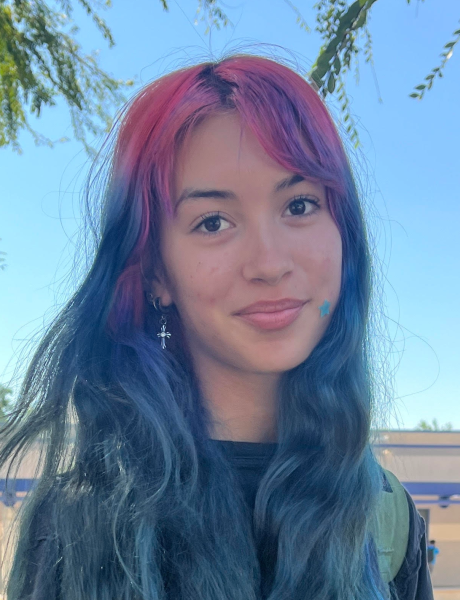
Students were asked who they would would’ve voted for if they could vote for president right now, more than six months into the second Trump administration – and there was a 6.8% drop in Trump supporters.
According to the Pew Research Center, 81% of teens with Republican-leaning parents identify as Republican, while 89% of teens with Democratic-leaning parents identify as Democrat.
There is an obvious shift in who the secondary guardian usually voted for. In the Folsom survey, more students said their secondary guardian voted for Trump than any other candidate.
Since mothers are usually considered a child’s primary guardian, the shift from Harris to Trump could reflect the differences in voting patterns because of gender.
Folsom student Kyla Trabish said her parents voted for different candidates.
“It’s like a split,” Trabish said. “My mom and dad have different political opinions.”
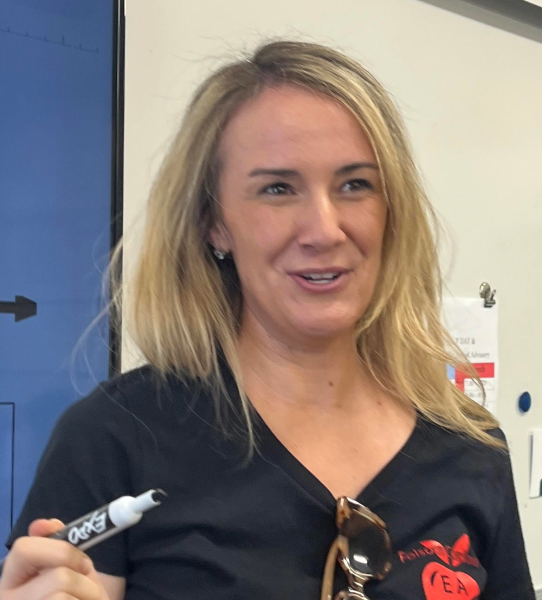
Hook said there are other things that also contribute to students forming their political opinions.
“I think culture, I think friends,” Hook said. “I just remember when I was in high school myself, it would be hard to speak out against something that maybe other people in my friend group felt very strongly about from an opposite viewpoint. So I think friends, the culture of how things are at school … can influence what they believe.”
As seniors in her classes begin to form their own opinions and develop their own voices, Hook said students tend to take more nuanced positions.
“These students, they kind of just look at each issue separately and make their decision based on what to them makes the most logical sense,” Hook said. “So I think they are more moderate.”


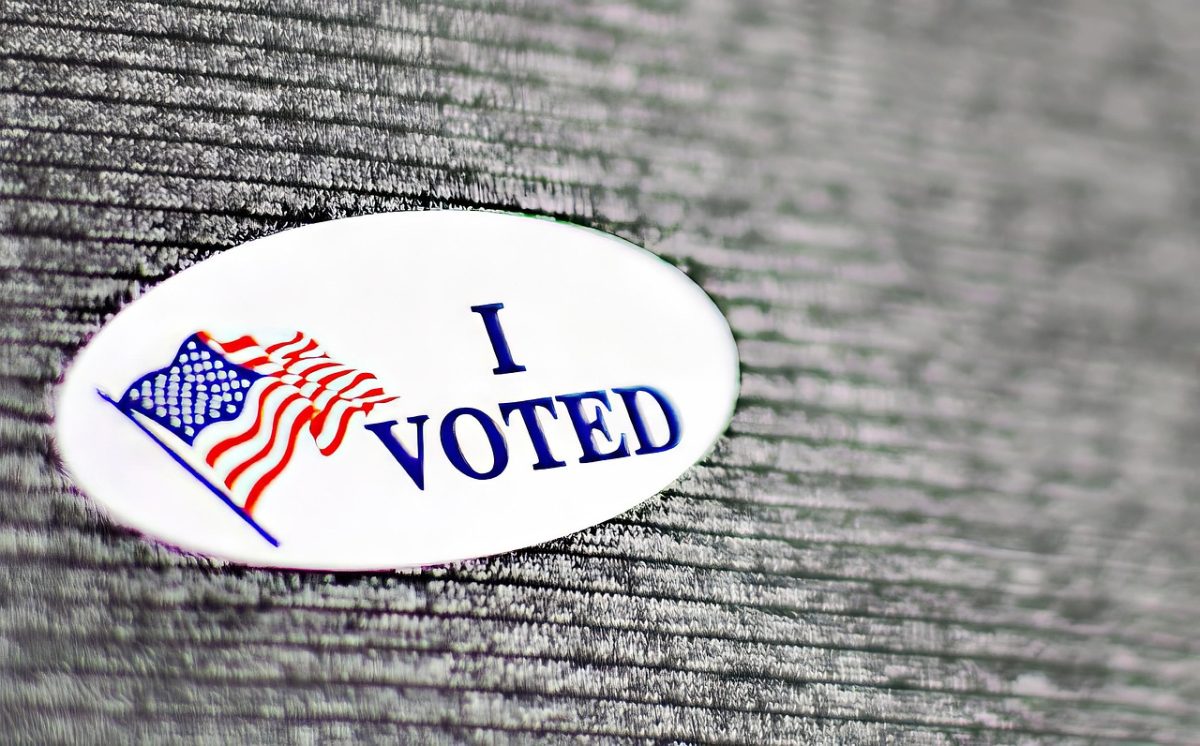
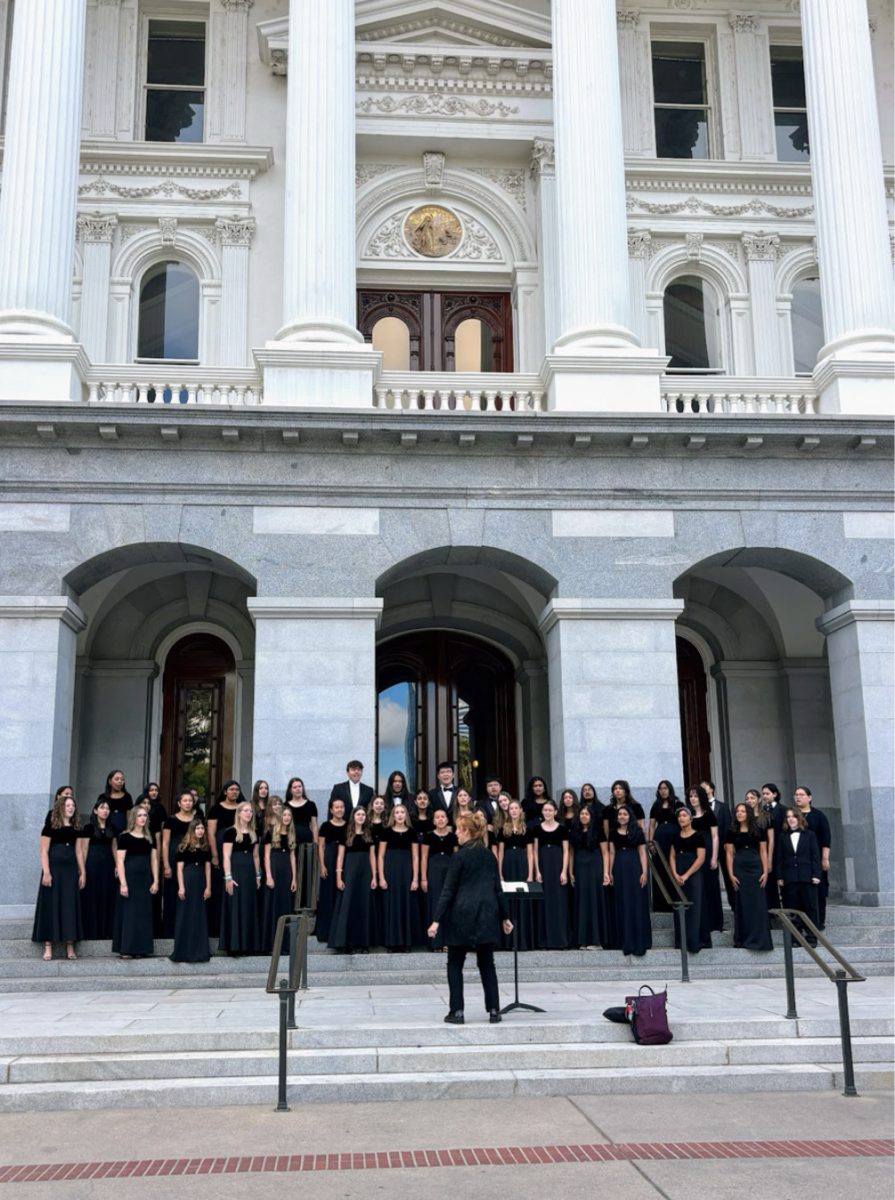
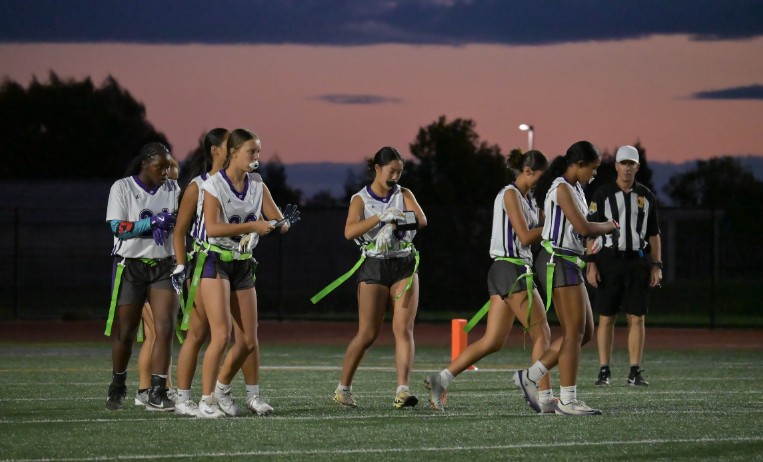

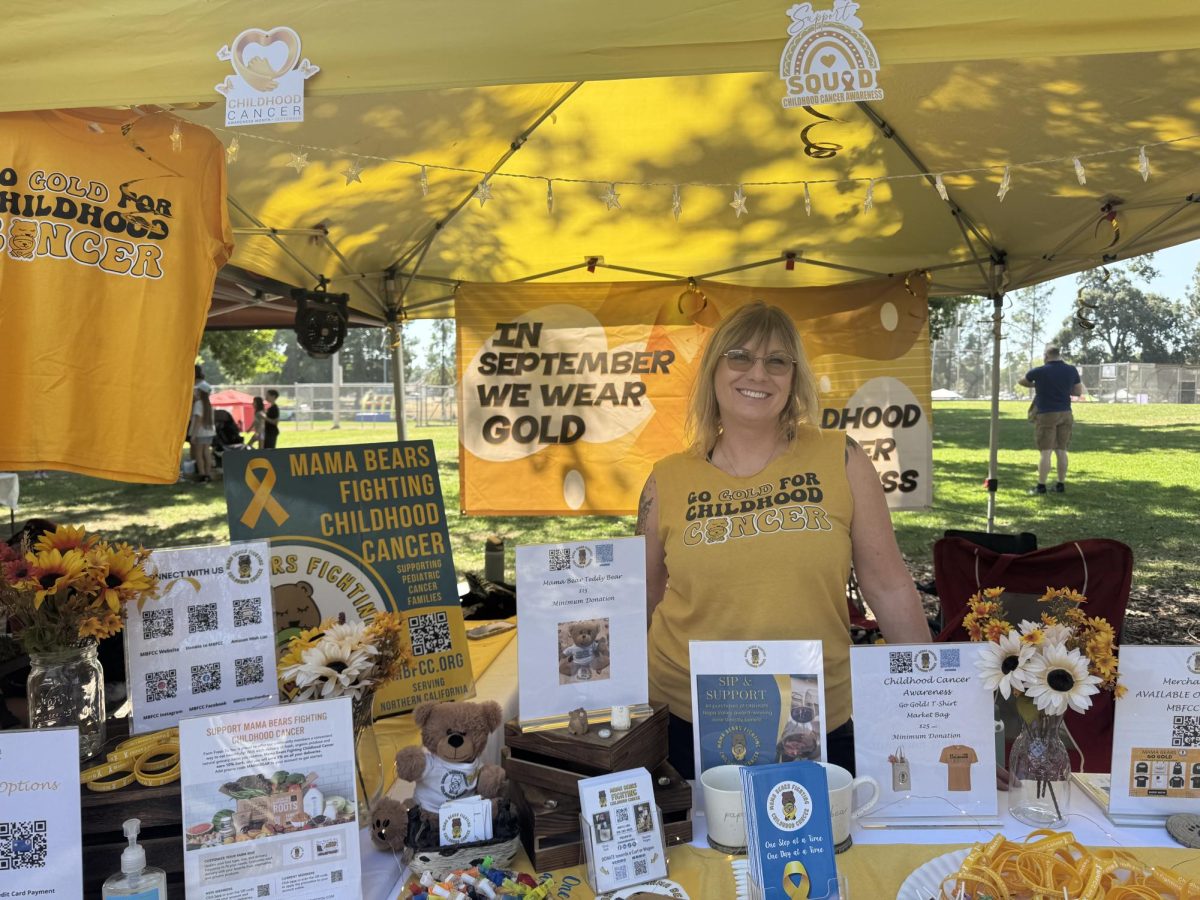
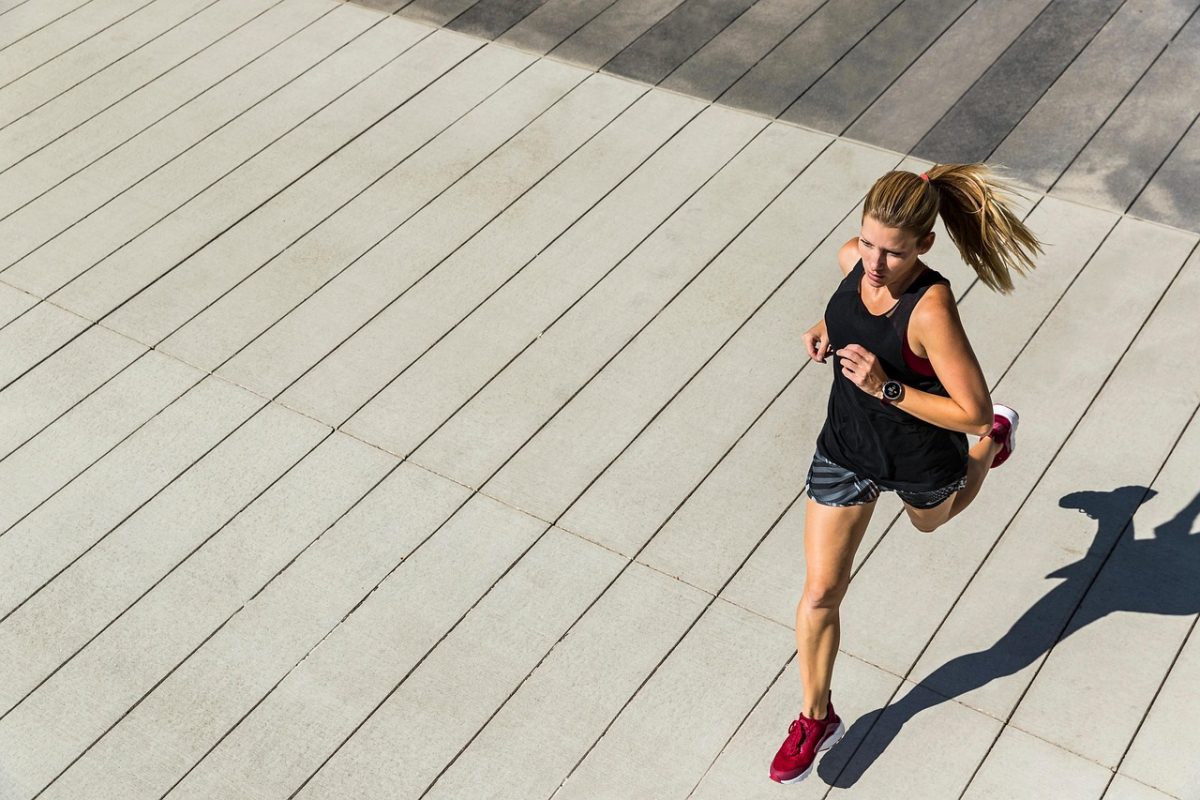
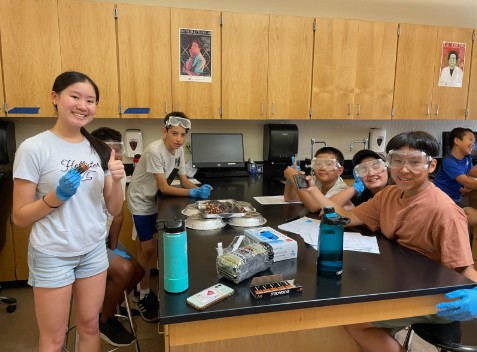

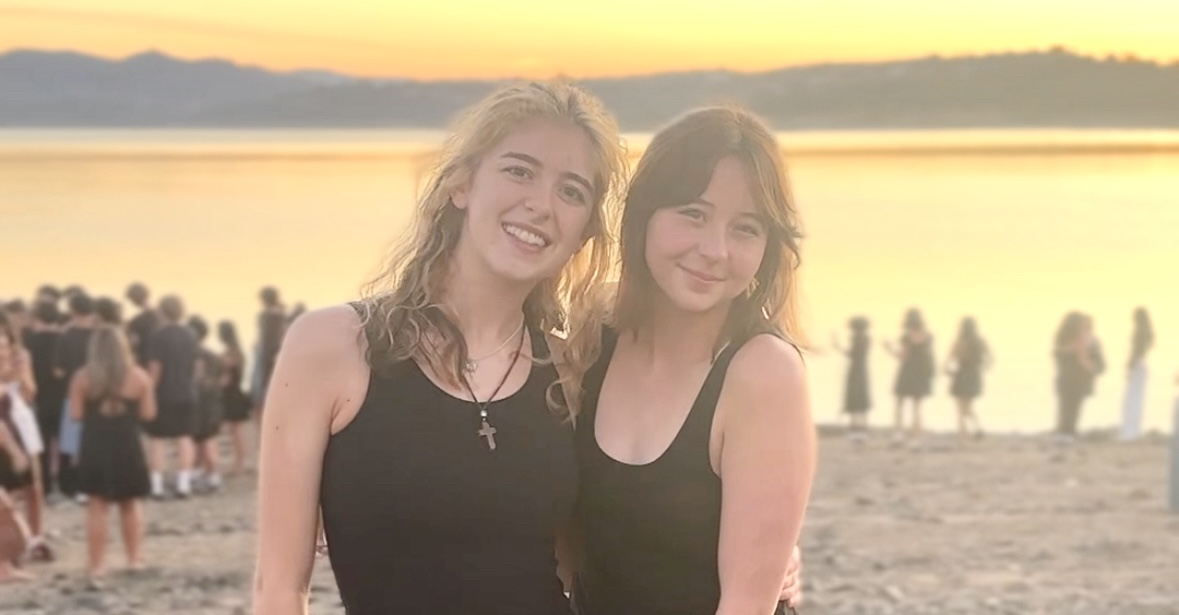
Angelyn G. • Sep 4, 2025 at 7:50 pm
This is a really insightful article! I really like how you included both student voices and a teacher’s perspective. You made the topic super relatable for students our age 🙂